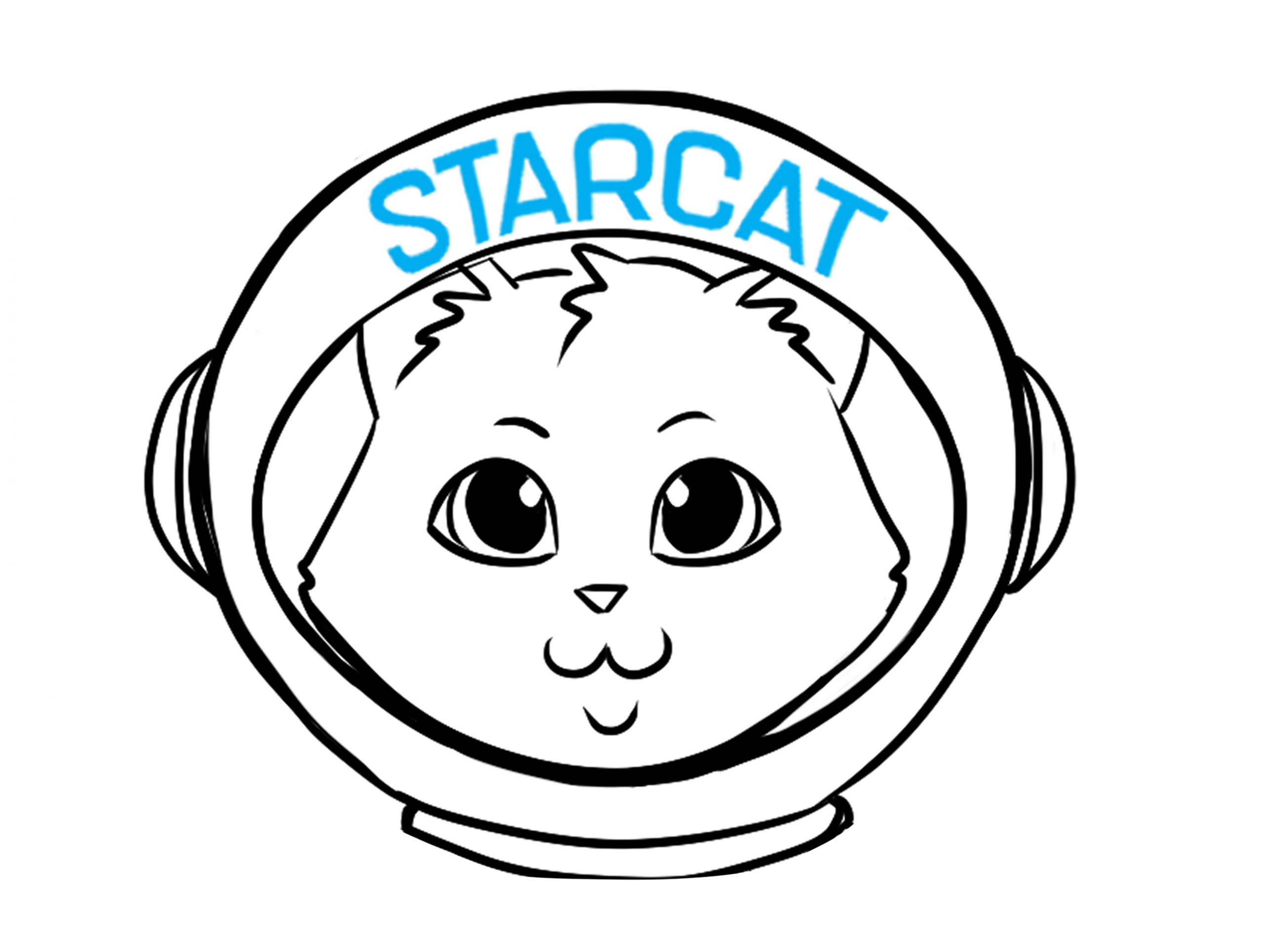 |
| Mandy Fleming makes her acceptance speech at the SMART membership meeting during the 2015 New York Library Association Conference. Mandy who serve as ILS and technical services manager at Southern Tier Library System received recognition for implementing cataloging and processing efficiencies for member libraries. |
Mandy: SMART is a section of NYLA, it stands for Section on Management of Information Resources and Technology. I have been a member off and on for 8 years.
Mandy: I supervise two ILS specialists – Nicole and Filomena – who catalog as well as provide support for our ILS, and Ann, our Cataloging Specialist. ILS stands for Integrated Library System and SirsiDynix Symphony is the product we use – libraries know it as WorkFlows. So, our department adds all new title records to the catalog and answers libraries’ questions and requests related to WorkFlows – from circulation to cataloging to custom reports. I also file for E-Rate discounts for STLS-managed internet connections, Dark Fiber connections and other projects as needed, and answer member libraries’ E-Rate questions.
Mandy: Our biggest impact, as a department, is that every new item in the system has a bibliographic record that someone in our office has added. If member libraries had to do this themselves it would be ridiculously time-consuming for them and the catalog would not be nearly as complete and uniform as it is now.
My favorite part of my job is helping non-automated libraries start circulating online – this has a huge benefit for the library staff, it’s much easier than doing everything on paper… once they get used to it! It also benefits patrons, especially those patrons that want to manage their own library account online. Hector was our most recent member to automate.
I enjoy that process because I get to know the director and staff much better because we have to work closely together to get everything right. I also love working on library mysteries – the library questions that can only be answered with some WorkFlows detective work. The most interesting one recently was a library with a suspected booger-wiper: the library sent us the Item IDs of a few books with physical evidence and we compared the WorkFlows activity of those items to see if we could find a common borrower – the offender.Finally, the training our department provides helps member libraries get the most out of the software in order to best serve their patrons.
Mandy: Time. Our greatest challenge is finding time to keep up with the cataloging workload – especially this time of year – as well as answer libraries’ ILS questions/requests in a timely manner, provide training, do database cleanup, stay up-to-date with cataloging standards, and learn and implement new software features. There is so much to cataloging and so much our software is capable of, but only so many hours in the day! Luckily our libraries are understanding and work with us and Nicole, Filomena and Ann are excellent at their jobs.
Mandy: Communication! If your library has a problem with our services, or a suggestion for the department, please let me know. There are times when we are very, very busy with items coming through but we strive to get them turned around as quickly as possible. If you are waiting for something, or it’s taking longer than normal, you can always check in with us and we’ll track it down and rush it if needed. Also, we are moving towards having libraries send us information about their items in a spreadsheet, instead of sending in the physical items. Right now Penn Yan sends us all of their item information electronically, via the Help Desk, and we are working with other libraries to get their info electronically. This cuts out the delivery time to and from STLS. Finally, if you or any of your staff would like WorkFlows training please let us know – we all love to share our WF knowledge and learn from you in the process!
 |
| Pauline Emery (right), library director at Southeast Steuben County Library in Corning, receives the Mary Bobinkski Innovative Library Director Award through NYLA. Pauline received this recognition for her efforts in securing sustainable funding through a 259 school district referendum. She is presented the award from Sara Kelly Johns (left), NYLA’s Past President. |
Interview with Pauline Emery:
Me: How long have you been director at Southeast Steuben County Library?
Pauline: Since 2008 but I was the Children’s Coordinator before that since 2001. So I have worked at SSCL for 14 years (lord, that seems so long…)
Pauline: When I was hired, as the Director, my first task was to secure municipal funding with our seven municipalities. The process of negotiation made it clear that in any given year our funding could be in jeopardy. During those negotiations, we lost the financial contract support of one municipality. We did secure a six-year contract with six of our seven charted service municipalities. Since NYS municipalities are under considerable pressure with various mandates, and while we had much appreciated support from many municipal leaders, we knew what municipalities were up against. Then the tax cap was established and we knew we needed to seriously consider a stable secure funding structure. We knew we had to secure funding before our six year contract was up.
Pauline: The Southeast Steuben County Library has a board of keen library advocates. STLS provided numerous presentations on funding structures and advocacy to our board over the years. The SSCL board also benefited from outside consultants when applicable. The board had a firm understanding that stable support was essential and during our strategic planning process it became the priority. Our 2012-2016 Strategic Plan was the catalyst that moved us forward.
Pauline: The most challenging aspect was getting the library message out to our entire service region. Our region is approximately 250 square miles and made up of diverse communities. It was a real challenge. It was essential that community members understand that the library needed secure funding. We had to diversify how our information was dissemination. We used traditional media and letter writing but we really utilized social media.Our Community Engagement Committee really changed the conversation. It was a committee comprised of community members and it was headed by our board Vice President, Mary Ann Thomas. Those supporters canvased entire communities, they organized call banks, they secured supporters, they did community presentations, they had library parties, they were poll watchers, they even helped at library events, and they even presented a Flash Mob in downtown Corning! These were true library supporters. They turned the vote around. The second campaign became community members talking to community members. We’re talking school kids on the street with signs, saying “Vote Yes!” The turning point occurred when the COMMUNITY itself decided to Vote Yes!
Pauline: I credit the community for our financial successes. Because the community and community organizations wanted a vibrant library we were able to secure funding to allow for that in the most democratic way possible. Also financial success could not have happened without the support our municipalities provided. The library would not have been able to reopen when it sadly closed in 1999. Municipal support that allowed our the Southeast Steuben County Library to open its doors in 2000.
Pauline: For years STLS has provided much needed guidance, and board training. STLS was the NYS Library Development (DLD) liaison and that helped tremendously when we had legal and library structure questions, which we had all the time.I must say having someone to talk to when things got rough was a life-saver. You (Brian) talked me down a few times. Hands down the thing I most appreciated were the conversations I had with you (Brian), when we talked about the personal and emotional realities of this process.
Me: How does it feel knowing you have helped your community secure the future of your library?
Pauline: It is the BEST FEELING IN THE WORLD!
Kindest Regards,
Brian Hildreth, Executive Director
Southern Tier Library System
 |


